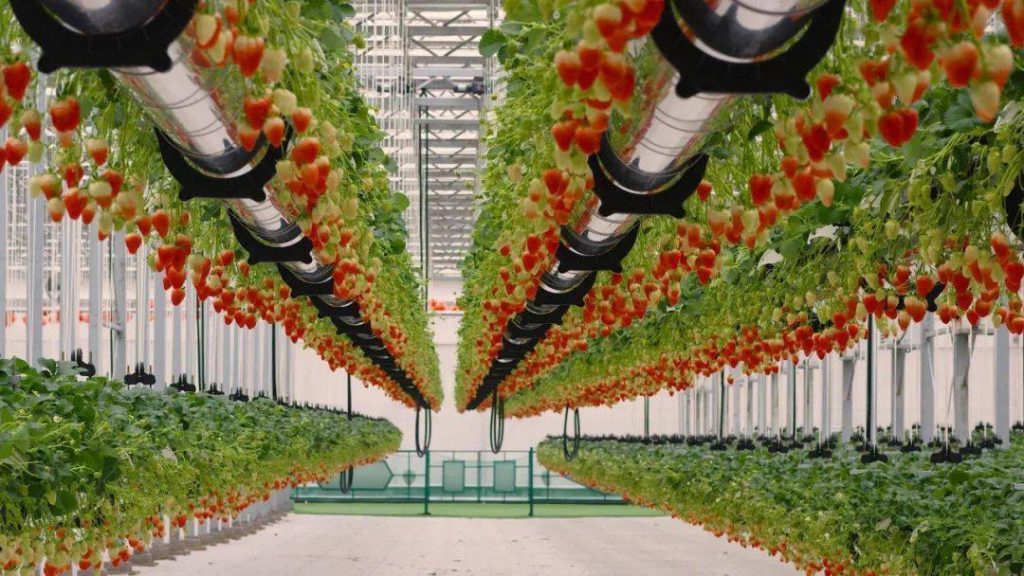Thailand is a major agricultural country with a rich variety of agricultural products, including rice, corn, sugarcane, rubber, cassava, and so on. About 30% of the labor force in the country is engaged in agricultural related work. In recent years, due to the increase of drought and flood disasters, the aging of the agricultural population, the lack of advanced technical support and other factors, Agriculture in Thailand’s agriculture is facing problems such as declining output and rising costs, and it is urgent to take more measures to promote sustainable development.
The Thailand 4.0 strategy proposes three major requirements for farmers’ stability, agricultural surplus, and sustainable agricultural development, encouraging the application of advanced scientific research achievements in agricultural production, cultivating smart agriculture, and accelerating agricultural transformation. The Ministry of Agriculture and Cooperation of Agriculture in Thailand plans to allocate 20 billion baht (about 35 baht in US $1) to promote the development of smart agriculture between 2022 and 2023, and actively promote the “biological recycling green” economic model to promote the production of organic crops. Pana Tapikorn, chairman of Save the Earth Agricultural Economic Development Association of Agriculture in Thailand Agricultural Industry Association, said that the “bio cycle green” economic model encouraged farmers to plant crops in a more environmentally friendly way. At present, the association has collaborated with four other industry associations to carry out rice pilot projects in 20 villages across the country.
In order to promote the transformation of agriculture towards precision and intelligence, the Thai government also stipulates that agricultural practitioners engaged in organic fertilizer production, smart greenhouse construction, agricultural water resource recycling, agricultural by-products and waste recycling and other related fields can enjoy tax exemptions ranging from 3 to 8 years. The Thailand Digital Economy Promotion Agency recently announced plans to provide large-scale drones and maintenance training to local communities, encourage the development of smart agriculture, and create economic benefits of over 800 million baht for 500 communities. This initiative has received support from the Digital Economy Fund.
Some agricultural enterprises are actively developing mobile applications and mini programs, introducing new technologies such as data analysis and artificial intelligence, and empowering farm management with technology. At Kubota Farm, staff showed reporters a mobile app. Farmers can use the color display card in the application to compare the color of crop leaves to determine the maturity of crops, and then apply fertilizers, pesticides, etc. to crops according to the program prompts to ensure efficient growth of crops while avoiding resource waste. “Farm staff Anan introduced that farmers can also log in to the website at any time to check the information they need and seek relevant guidance. The Microclimate detection system jointly developed by Mahidol University of Thailand and Nakhon Ratchasima Vineyard can judge whether certain operations need to be carried out by detecting key data such as temperature, humidity, light intensity, wind speed and air pressure. When low humidity is detected, the irrigation system will be automatically activated to create a good growth environment for crops, which is conducive to improving yield.
Thailand also actively engages in agricultural cooperation with countries such as China and Singapore, introducing advanced technology and agricultural machinery, and jointly carrying out research and development projects to assist local agricultural development. Shirila Tekam, a researcher from the Ministry of Agriculture and Cooperation of Agriculture in Thailand, said that smart agriculture is an important way to ensure food security, improve people’s livelihood and cope with climate change. She looked forward to learning the advanced experience and practices of relevant countries to promote the sustainable development of Agriculture in Thailand’s agriculture.


No reply content